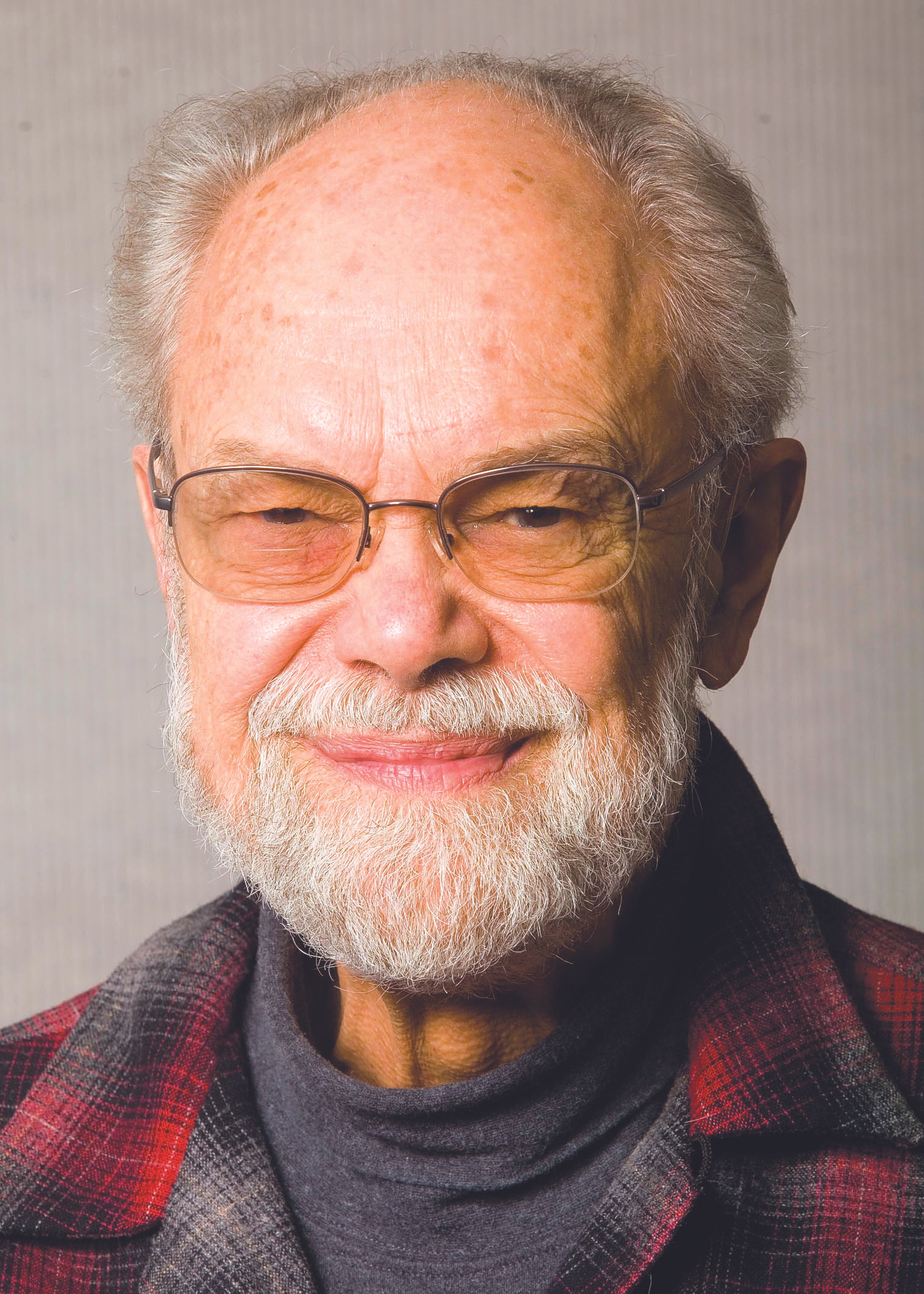L obby. I don’t like the verb. I use it here with its most innocuous meaning: “to attempt to influence ... someone ... toward a desired action.” Some of its more insidious usages include bribing legislators to pass partisan legislation by applying the Golden Rule of unbridled capitalism: Whoever has the most gold gets to rule — and make further rules.
That’s why I was initially put off by the name “Citizens’ Climate Lobby,” even though I supported what they were trying to do.
I started writing these columns in 2015, many about climate change and the misinformation and disinformation surrounding the subject. I shared my findings in a sequence of classes for the Pullman Parks and Recreation Department and in talks to local service organizations. Lots of deaf ears back then.
Evidence supporting the facts of climate change has been accumulating more and more rapidly in recent years. Public acceptance has grown. November witnessed the 26th international Conference of Parties seeking agreement on how to slow, and ultimately reverse, global warming.
Throughout most of the seven years that I’ve been involved with Citizens’ Climate Lobby, my understanding of lobbying has changed dramatically. These folks do it the way it should be done.
Citizens’ Climate Lobby is “a nonprofit, nonpartisan, grassroots advocacy climate change organization focused on national policies to address climate change.” It has 595 active chapters throughout Australasia, Europe, North America, and Africa. Those include our own Citizens’ Climate Lobby of the Palouse, established in 2012 and encompassing most of eastern Washington and northern Idaho. Just search “CCL” or follow the link: cclpalouse.org.
So what does the local organization do? It encourages and empowers members and their friends on the Palouse to advocate for practical, doable solutions to slow and reverse climate change. One such solution, increasing in popularity, is a carbon fee and dividend policy that has proven effective and fair elsewhere, and which pays for itself.
For example, our northern neighbor British Columbia has used such an approach since 2008. In 2016, Think Progress reported, “this policy has been such a success ... that more than 150 companies said they back a plan to increase the carbon tax ... .” Two years later Prime Minister Justin Trudeau announced, “Canada will implement a revenue-neutral carbon tax starting in 2019 ... .”
Last month, Foreign Policy wrote, “The Canadian system is a promising — and politically palatable — prototype for other large emitters.” What do others think?
In 2019, the Wall Street Journal published “the largest public statement of economists in history,” signed by 3,623 economists. These included 28 Nobel laureates, all four former chairs of the Federal Reserve and 15 former chairs of the Council of Economic Advisers.
Its consensus recommendations were: An annually increasing carbon tax offers the most costeffective lever to reduce carbon emissions and will replace the need for less efficient carbon regulations; a border carbon adjustment will enhance U.S. competitiveness and incentivize other nations to tax carbon emissions; and all revenue should be returned directly to U.S. Citizens’ through lump-sum rebates.
At the national level, Citizens’ Climate Lobby is backing the Energy Innovation and Carbon Dividend Act that currently has 92 Congressional cosponsors. Its provisions follow many of the economists’ recommendations, including a carbon fee on fossil fuels, an equal dividend returned to the American people and a border adjustment to protect U.S. manufacturers and jobs from goods imported from countries that have no carbon fee.
The goal and projected result of this legislation is to reach “net zero” carbon emissions by 2050, while simultaneously providing clean energy and saving lives. Introduced two years ago, this bill has received growing, widespread editorial endorsement as well as formal resolutions from states, counties, and cities in support of it.
This is what Citizens’ Climate Lobby is working toward, and I’m happy to be a part of the focused, nonpartisan camaraderie in these efforts. Citizens’ Climate Lobby concentrates on getting the job done efficiently. Consider working with us.
Your grandchildren will thank you — as will theirs.
Haug and his live-in editor and wife of 60 years, Jolie, discuss topics like these over dinner. Contact Pete at petes.pen9@gmail.com. His internet posts are at spokanefavs.com/author/peter-haug/.








